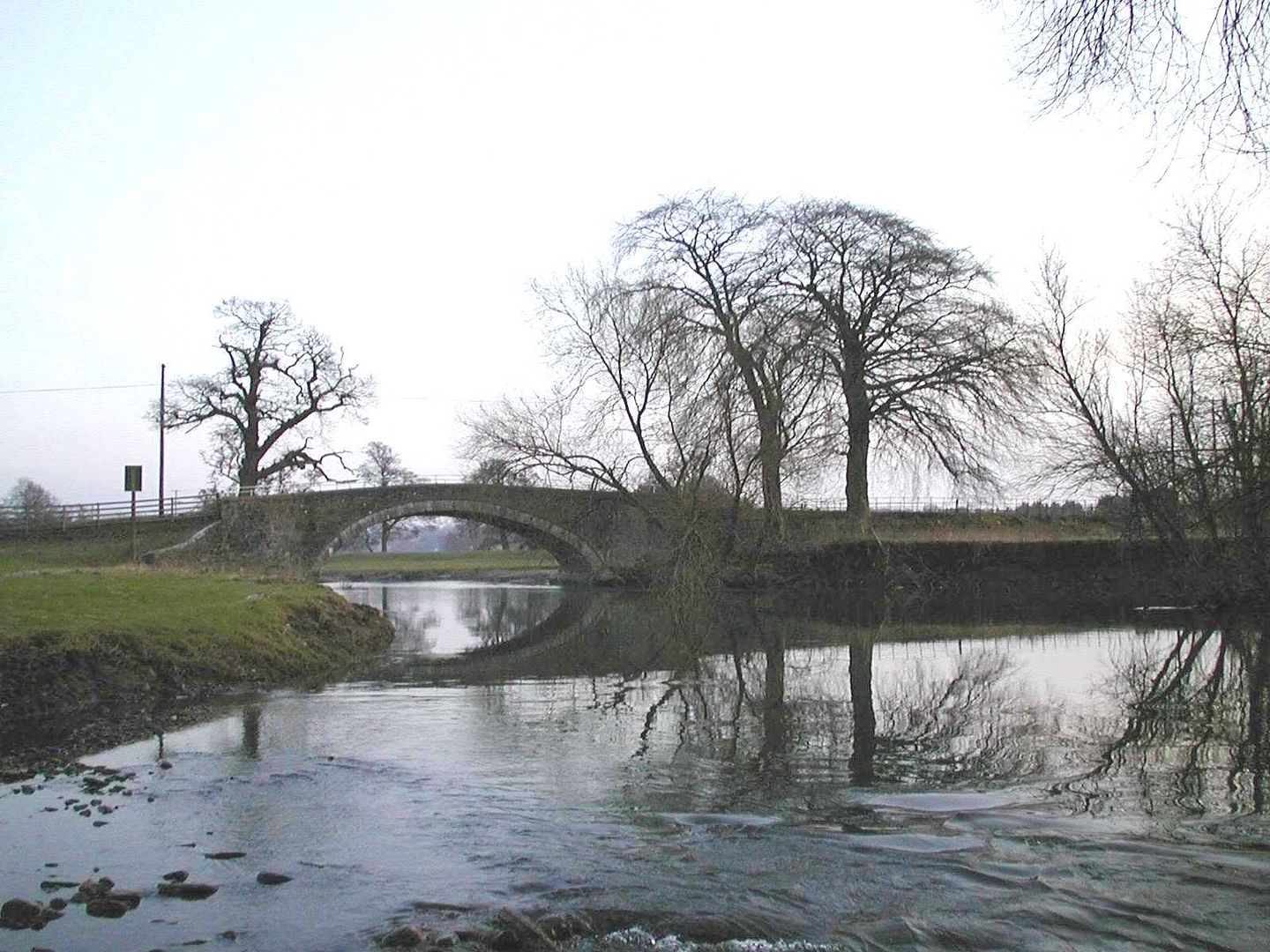Post by wnion on Jul 3, 2007 12:20:52 GMT -1
New changes to laws which govern salmon and sea trout fishing in West Bay, Dorset have been welcomed by the Environment Agency.
Changes have been agreed by DEFRA to protect future stocks of salmon and sea trout and ensure fish populations remain healthy.
In partnership with the Southern Sea Fisheries District Committee, DEFRA formally approved an amendment to the Southern Sea Fisheries Bye-law relating to the use of fixed surface nets used in West Bay.
The taking of Salmon and Sea Trout from coastal waters is illegal, but prior to this ratification, these fish were open to exploitation from legal fixed surface gill nets (known as "fixed engines") set in the sea off the Dorset coast at Lyme Bay.
The introduction of this byelaw amendment will now help protect these valuable species at a vulnerable time in their migration.
Between May 1 and July 31 it will be illegal to fix any net in the sea from Lyme Regis to Burton Bradstock, for a distance of one nautical mile offshore, unless the headline of the net is set at least three metres below the surface of the water.
'It's our responsibility to protect and manage salmon stocks and byelaws are just one of the ways we do that. We have to make sure that stocks are protected, both for conservation reasons and for the enjoyment of this and future generations,' said Kevin Parsons for the Environment Agency.
'I am very pleased that after much work with our partners on the matter, this byelaw is now in force. Migrating salmonids tend to swim in the upper water layers. By putting this restriction in place, the risk of catching migrating salmon and sea trout is much reduced, helping to maintain healthy stocks in their home rivers. It will also make enforcement of salmonid protection much easier as it brings clarity to the legislation.'
'Similar byelaws already exist off the Devon coast. This new amendment now extends the current protection to include another vulnerable area.'
By placing this restriction on the setting of the fixed engines means, enforcement officers now only have to see if a net has been set in the restricted area and if so, can seize it there and then before it is able to ensnare the migrating fish.
Changes have been agreed by DEFRA to protect future stocks of salmon and sea trout and ensure fish populations remain healthy.
In partnership with the Southern Sea Fisheries District Committee, DEFRA formally approved an amendment to the Southern Sea Fisheries Bye-law relating to the use of fixed surface nets used in West Bay.
The taking of Salmon and Sea Trout from coastal waters is illegal, but prior to this ratification, these fish were open to exploitation from legal fixed surface gill nets (known as "fixed engines") set in the sea off the Dorset coast at Lyme Bay.
The introduction of this byelaw amendment will now help protect these valuable species at a vulnerable time in their migration.
Between May 1 and July 31 it will be illegal to fix any net in the sea from Lyme Regis to Burton Bradstock, for a distance of one nautical mile offshore, unless the headline of the net is set at least three metres below the surface of the water.
'It's our responsibility to protect and manage salmon stocks and byelaws are just one of the ways we do that. We have to make sure that stocks are protected, both for conservation reasons and for the enjoyment of this and future generations,' said Kevin Parsons for the Environment Agency.
'I am very pleased that after much work with our partners on the matter, this byelaw is now in force. Migrating salmonids tend to swim in the upper water layers. By putting this restriction in place, the risk of catching migrating salmon and sea trout is much reduced, helping to maintain healthy stocks in their home rivers. It will also make enforcement of salmonid protection much easier as it brings clarity to the legislation.'
'Similar byelaws already exist off the Devon coast. This new amendment now extends the current protection to include another vulnerable area.'
By placing this restriction on the setting of the fixed engines means, enforcement officers now only have to see if a net has been set in the restricted area and if so, can seize it there and then before it is able to ensnare the migrating fish.





 ..By a EA bailiff....NO!...I am not making it up,he really was,honest!.....The first time in almost 30 years of fishing
..By a EA bailiff....NO!...I am not making it up,he really was,honest!.....The first time in almost 30 years of fishing 
